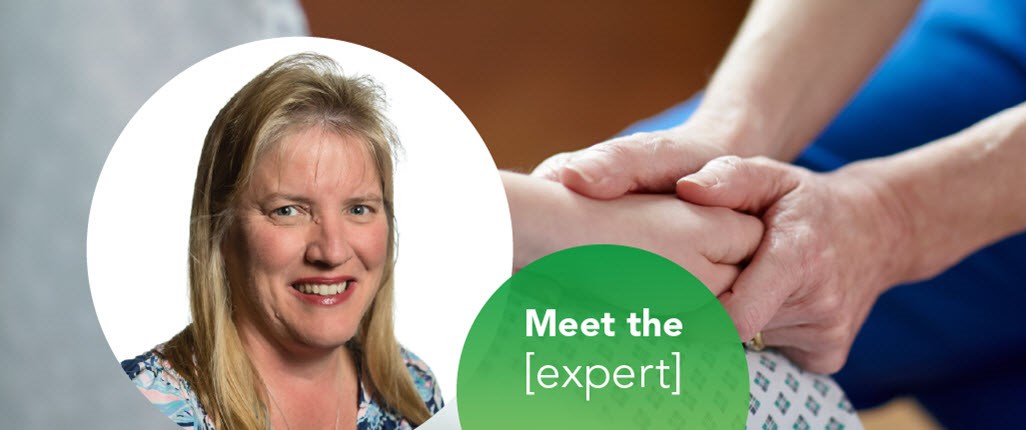“I take several of the medicines that we tested here”

Paula Turner runs Teva’s dedicated clinical trials facility in Florida, where medicines are tested for safety and efficacy before they receive regulatory approval. Paula started working her way up from a junior role in a male-dominated field 25 years ago and today manages a team in which half the leaders are women.
Vital information is generated in clinical trials. We recruit healthy volunteers to our clinical trial facility in Florida to test a variety of generic and specialty drugs. Volunteer trials are important for medical research because we gather information that helps us develop our products.
Teva is unusual in having its own clinic. Having our own clinic means we can be much more flexible and responsive than if we had to book bed space elsewhere.
I’ve worked my way up from a junior role. I started doing data entry when I came in to clinical research 25 years ago. Most of the management team were men. I was intent and focused on the tasks at hand, stuck with it and learned as much as I possibly could in a variety of different roles. Today, I run the entire clinic and lead a team of more than 100 people.
I get to meet so many different people. We currently have a large database of volunteers who can take part in our trials and they tell us that the access to doctors is something they really value.
I’ve got a very personal reason to feel grateful and proud of the work we do. One of our biggest research areas over the years has been Type 2 Diabetes. I’m a diabetic myself. That’s very special to me. I see the science behind it and I have absolute confidence the products we develop have been properly tested.
My golden rule is: if it isn’t written down, it didn’t happen. It might sound like perfectionism, but being committed to running a gold standard facility is really important to me. Patients count on us, whether that’s those taking part in the trials or those that take the medicines once they’re on the pharmacy shelf. It’s a lot of responsibility and we have the highest professional and ethical standards to make sure patients are well looked after.
When volunteers come here they’re entering a carefully controlled environment. We check luggage to make sure they don’t bring anything which could impact the results of the studies, we make sure they stick to a strict regime of medication and monitoring and we provide all their meals.
I see a lot of talented women in our industry. There are justified concerns about women lagging behind men in STEM (science, technology, engineering and mathematics) related careers and more needs to be done to encourage women in to those career paths. This makes me even prouder of the fact that seven of the 14 managers on my leadership team are women!
Fly-fishing is my favourite way to unwind. My job takes me all over the world, across the United States and to places as diverse as India, Israel and Iceland, to name just a few. The first question I ask when I arrive somewhere new is if there is a stream nearby so I can go fly-fishing. I mostly love it for the tranquillity, but also, like my job, it’s fascinating because you never stop learning.
The sky really is the limit. That’s my message to anyone, male or female, considering a career in clinical research. Don’t let anyone say you can’t do it! I’ve been in my current role since 2012. There are lots of excellent training and networking opportunities available in the industry, such as those provided by the Association of Clinical Research Professionals (ACRP) in the U.S.
NPS-ALL-NP-00685 SEPTEMBER 2022
Find out more
- Discover how we’re increasing diversity in our clinical trials to better help patients
- Explore how Teva produces quality products that touches the lives of close to 200 million people every day.
- We’re hiring! Are you interested in what Paula does, or want to know about other roles at Teva? If so, check out our latest vacancies.









































































